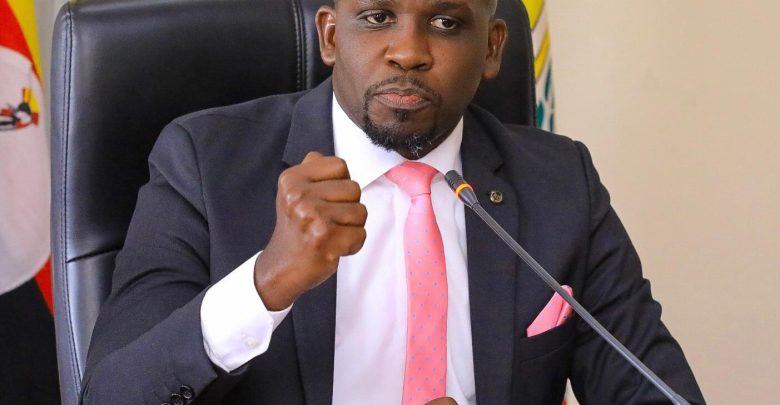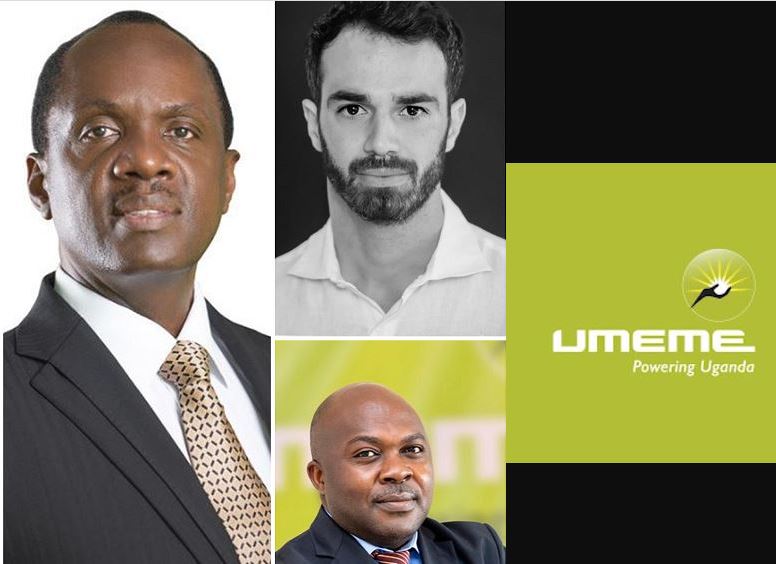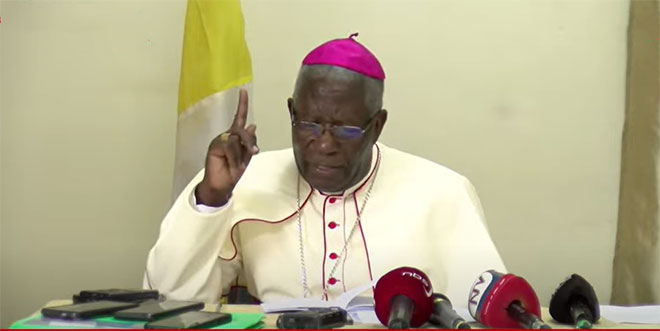The Ebola outbreak in Uganda has worsened following two deaths and confirmation of a case in the capital, Kampala. There have been two deaths, the mother and newborn sibling of a 4-year-old who died last week. The mother and sibling died earlier than the 4-year-old, but were not identified as probable Ebola cases until after they were buried through belated contact tracing. More than 80 people have been traced to have been in contact with the deceased and two people are already asymptomatic. However the contact tracing efforts have come to a standstill since the aid cuts.
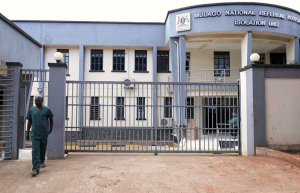
According to WHO, since the outbreak of Sudan virus disease (SVD) was declared in Uganda on 30 January 2025, and as of 5 March 2025, a total of 14 cases (including 12 confirmed cases and two probable cases) including four deaths (two confirmed and two probable) have been reported. On 1 March 2025, the Ministry of Health released a press statement confirming the tenth case. The patient was a child under 5 years old who presented and died in the Mulago hospital ion 23 February 2025. As of 5 March, two additional confirmed cases and two probable deaths have been reported that are linked to this case. Both of these cases are currently admitted to treatment facilities. Eight confirmed cases received care at treatment centers in the capital Kampala and in Mbale and were discharged on 18 February 2025. As of 5 March 2025, 192 new contacts have been identified and are under follow-up in Kampala, Ntoroko and Wakiso. In the absence of licensed vaccines and therapeutics for the prevention and treatment of SVD, the risk of potential serious public health impact is high.
When the last Ebola outbreak hit Uganda in 2022, medical workers rushed to the front lines. But this time, fear and shortages keep them away. Protective equipment is scarce, and funds have dried up. “With no U.S.A.I.D. money and C.D.C. expertise, it is like Uganda is left to die,” one health official admits. The situation is dire. Hospitals lack masks, gloves, and hand sanitizers. At Mbale Regional Referral Hospital, doctors refuse to treat patients until they receive basic protective gear. Surveillance systems are crippled—there are no funds for two days to track cases. The virus continues to spread, undetected.
Though the U.N. has launched an emergency appeal for $11.2 million, it barely helps the efforts to curb the disease. However, misinformation runs wild. Some believe the outbreak is a ploy for foreign aid. Meanwhile, regional preparedness groups warn that without support, other deadly diseases—like Marburg—could surge.
Yet, amidst the chaos, Uganda’s health ministry insists they have things under control. “We work overdrive,” says Henry Kyobe Bosa, the epidemiologist leading the response. “We get it right at the very beginning.” But the empty wards and the frightened doctors tell a different story.
Groundbreaking Vaccine Trials for the Ebola Virus in Uganda.
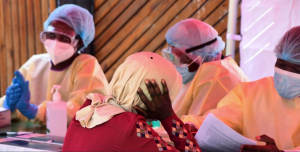
In a global first, Uganda’s Ministry of Health, the World Health Organization (WHO) and other partners today launched a first-ever clinical efficacy trial for a vaccine from Ebola from the Sudan species of the virus, and at an unprecedented speed for a randomized vaccine trial, in an emergency. This is the first trial to assess the clinical efficacy of a vaccine against Ebola Sudan virus disease. IAVI, the provider of the vaccine, conducted trials for safety and immunogenicity. It is also the first clinical trial of the vaccine during an outbreak.

